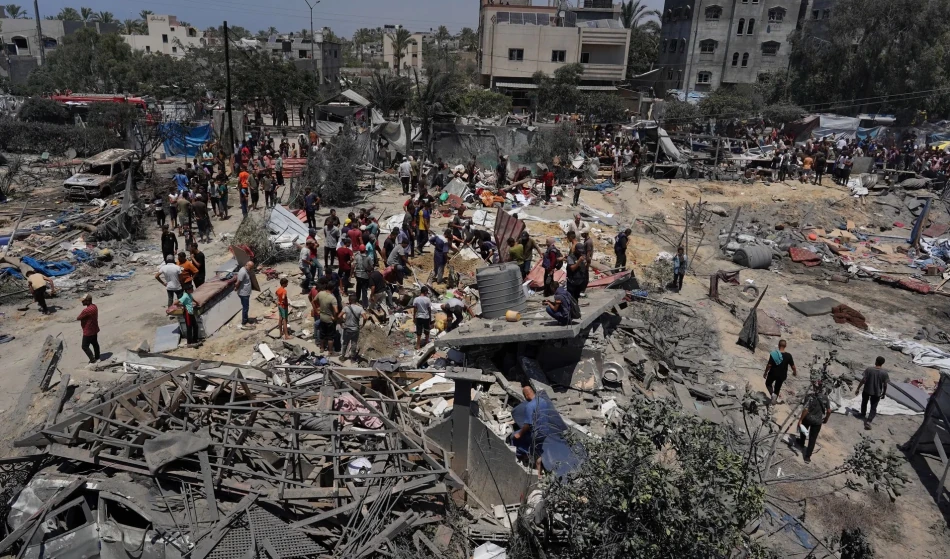
UN Condemns Dire Situation in Gaza: A Disturbing Humanitarian Crisis Unfolding
UN Chief Demands Immediate Gaza Ceasefire as Humanitarian Crisis Deepens
UN Secretary-General António Guterres has called for an immediate ceasefire in Gaza, describing the current situation as "horrific" and unprecedented in its scale of death and destruction. His appeal comes as international pressure mounts for a political solution based on international law, while UNICEF demands Israel review its rules of engagement following the deaths of children waiting for water and food aid.
Guterres Warns of Collapsing Human Dignity
Speaking at UN headquarters in New York, Guterres characterized the ongoing violence in Gaza as reaching levels of devastation not seen in recent memory. He warned that the current trajectory undermines the most basic conditions of human dignity for Gaza's population, signaling a potential shift in the UN's diplomatic approach to the crisis.
The Secretary-General's language represents a notable escalation in tone from previous UN statements, reflecting growing international concern about the humanitarian catastrophe unfolding in the territory. His call for solutions grounded in UN Charter principles and international law suggests the organization is positioning itself for a more assertive role in post-conflict negotiations.
Two-State Solution Remains Central to UN Vision
Guterres emphasized that any sustainable resolution must enable both Palestinians and Israelis to live in states where they can exercise their rights. This reaffirmation of the two-state solution comes at a time when many analysts question its viability after decades of failed negotiations.
The UN chief's insistence that a ceasefire alone is "not sufficient" but must lead to a comprehensive political settlement reflects lessons learned from previous Gaza conflicts in 2008, 2012, and 2014, which ended in temporary truces without addressing underlying issues.
UNICEF Challenges Israeli Military Tactics
UNICEF Executive Director Catherine Russell's call for Israel to review its rules of engagement marks a significant diplomatic intervention. Her statement followed the killing of seven children waiting in line for water at a distribution point, highlighting how basic humanitarian activities have become deadly in the current conflict.
Russell's reference to recent deaths of women and children queuing for food supplies underscores a pattern that international humanitarian organizations increasingly view as systematic rather than accidental. This represents a potential shift in how UN agencies frame civilian casualties in Gaza.
International Implications and Diplomatic Pressure
The coordinated statements from senior UN officials suggest a broader strategy to increase diplomatic pressure on all parties, particularly Israel as the militarily dominant force. This approach mirrors successful international interventions in previous Middle Eastern conflicts where sustained UN pressure helped facilitate ceasefires.
For regional stability, the UN's emphasis on international law and Charter principles could provide a framework for broader Middle Eastern powers to engage constructively, potentially drawing in countries like Egypt, Jordan, and Saudi Arabia as guarantors of any future agreement.
The timing of these statements, delivered from UN headquarters rather than through written releases, signals the organization's intent to maintain Gaza at the center of international attention despite competing global crises in Ukraine and elsewhere.
Most Viewed News

 Sara Khaled
Sara Khaled






